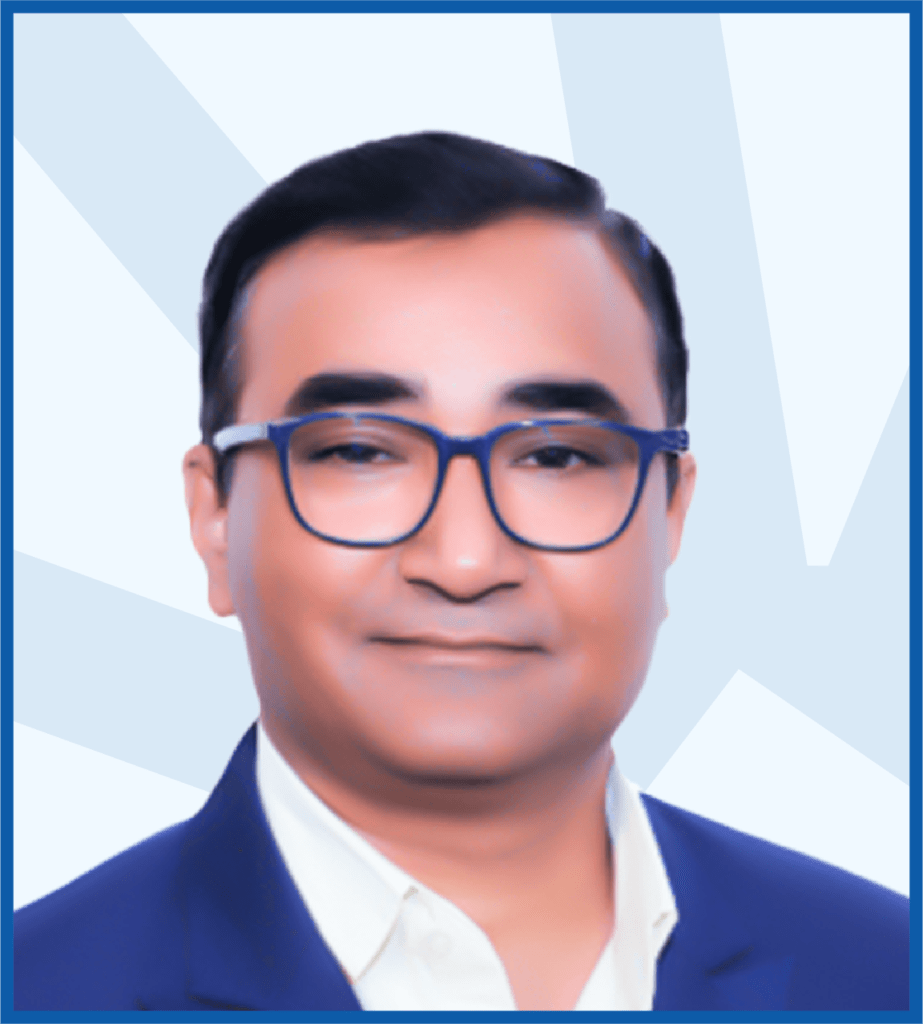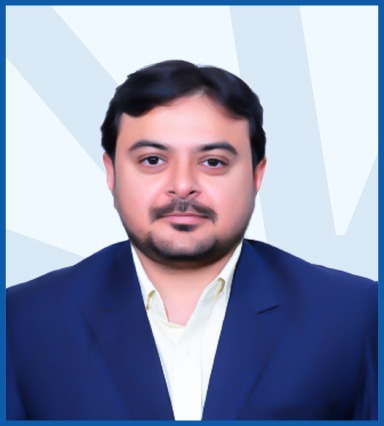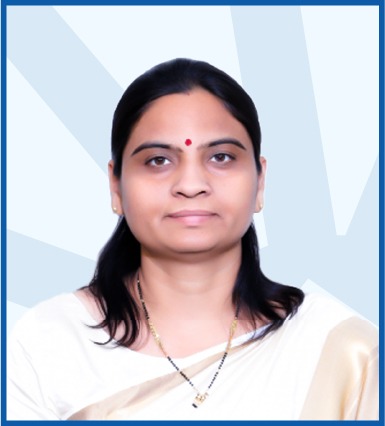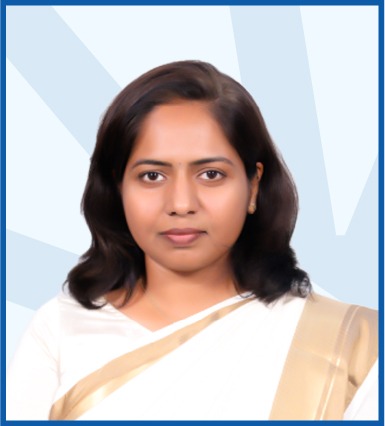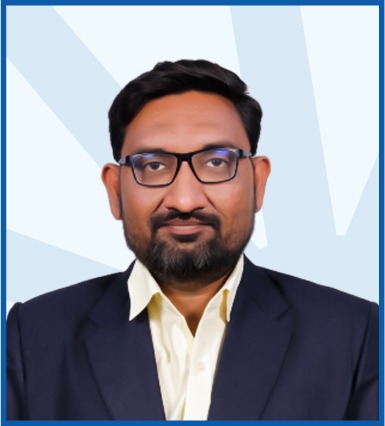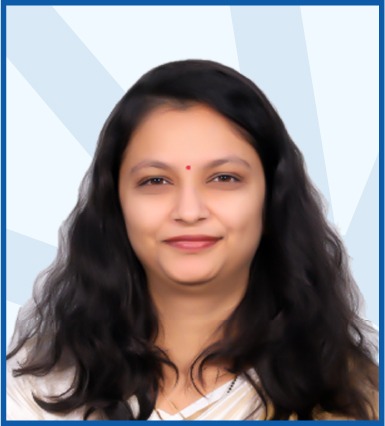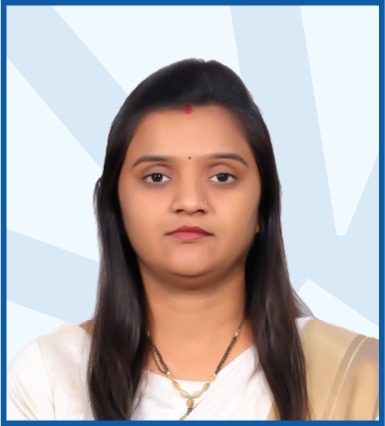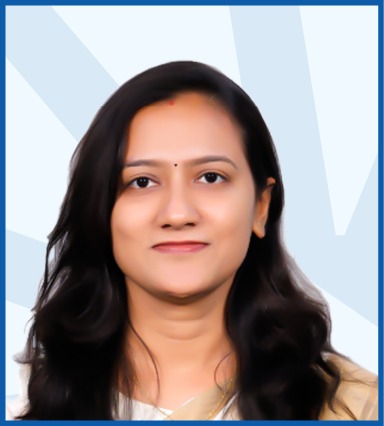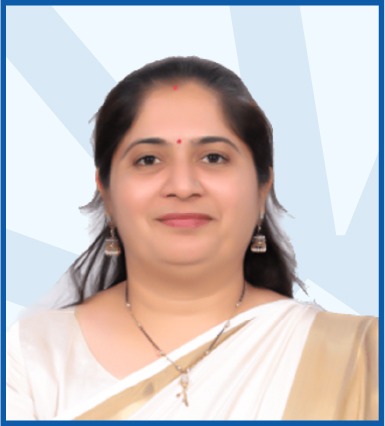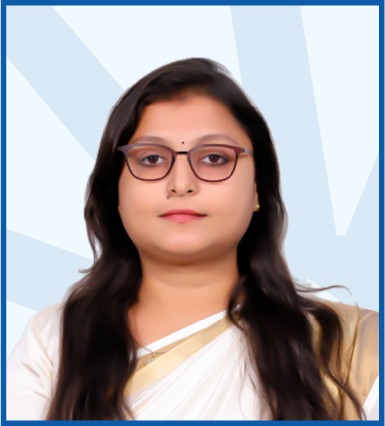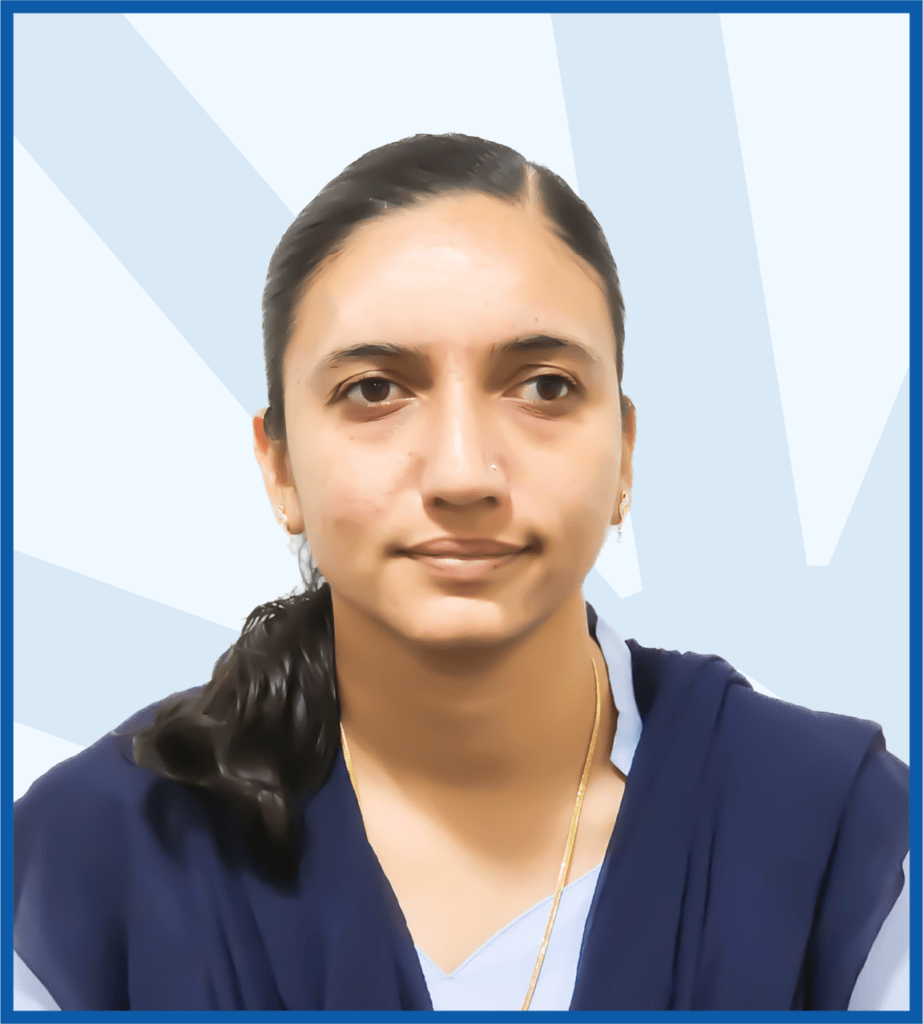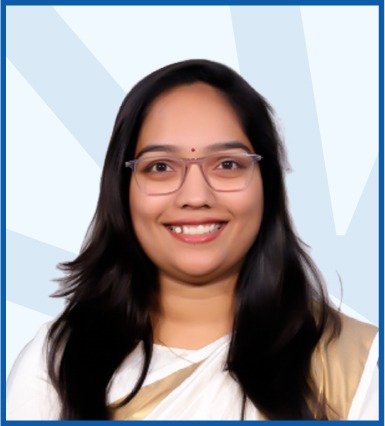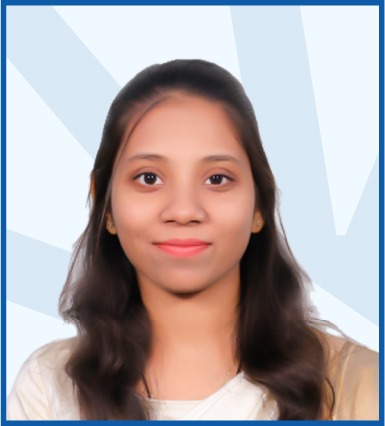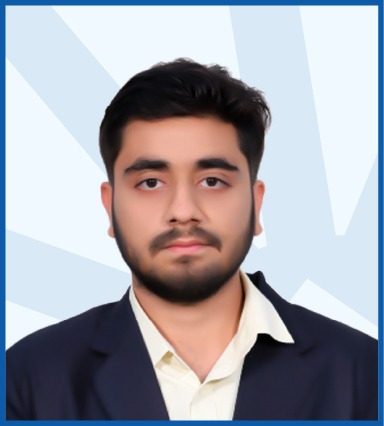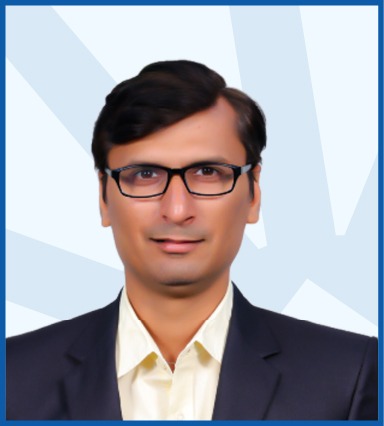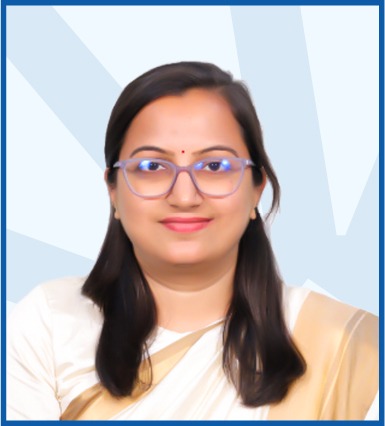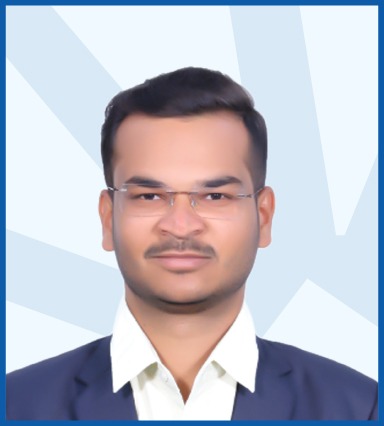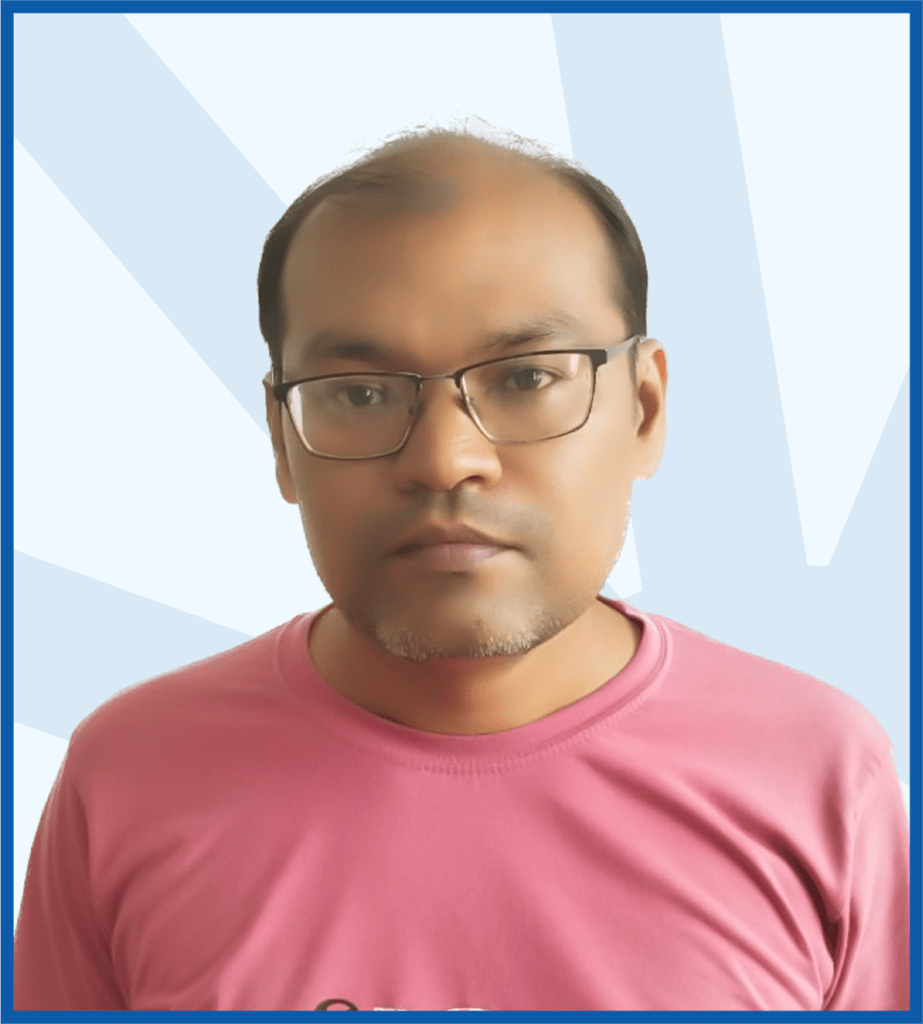Computer Engineering
Transforming Ideas into Digital Solutions at the Best Private University in Junagadh
Latest News and Events
Result Declaration – B.Tech Sem 2 Remedial Exam (Winter 2023)
Results for the Remedial Examinations of B.Tech Semester 2, held during Winter 2023, have been declared.
Remedial Result Declaration for B.Tech Sem 1
Results for the Remedial Examinations of B.Tech Sem 1 have been declared
Result Notification – B.Tech Sem – 3 (Regular), M.Tech, Diploma Sem – 2 (Remedial) and BCA Sem – 1 (Remedial) Winter 2023-24
Result Notification - B.Tech Sem - 3 (Regular), M.Tech, Diploma Sem - 2 (Remedial) and BCA Sem - 1 (Remedial) Winter 2023-24
Expert Talk on Graphics Design Using Photoshop
Dr. Subhash University, CSE/IT Department Organized Expert Talk on Graphics Design Using Photoshop
Expert Talk on Basic To Advance Excel
CSE/IT Department Organized Expert Talk on Basic To Advance Excel
Workshop on “Cyber Security”
Dr. Subhash University CSE/IT Department Organized Workshop on “Cyber Security”
Faculty Development Program on cloud computing using Amazon Web Services (AWS)
Speaker: Hiren Anandwani (CEO, Softrefine PVT LTD)
Date: 21st and 22nd - January-2022
Time: 9:30 AM (onwards)
Topics: Create AWS Account, Deployment WEB services on AWS Server, Use of cloud server.
Hands on Workshop on PL/SQL Programming
Title: Hands-on Workshop on PL/SQL Programming Speaker: Prof. Anju K. Kakkad & Prof. Divyarajsinh N. Parmar Date: 02nd Dec 2021 Time: 10:00 AM to 1:00 PM Topics: Introduction of PL/SQL & Basic of PL/SQL
Hands-On Workshop on Programming in C
Speaker: Prof. Bhoomi M. Bangoria & Prof. Mayur M. Jani
Date: 25th November 2021
Time: 10:00 AM to 1:00 PM
Topics: Basic of C
Hands-On Workshop on SQL Programming
Speaker: Prof. Anju K. Kakkad & Prof. Divyarajsinh N. Parmar
Date: 24th Nov 2021
Time: 10:00 AM to 1:00 PM
Topics: Introduction of SQL & Basic of SQL
A Workshop on Full Stack Development with Angular JS and Node JS
Speaker: Mr. Akash Padhiyar, CEO-Akash Technolobs, Ahmedabad.
Date: 27th September 2021 to 1st Oct 2021
Time: 09:00 AM (IST)
Help Desk: 9974056708, 7600173185
Introduction to course
Department of Computer Engineering was established in the year 2010 by offering a Bachelor’s Degree Course in Computer Engineering, with a vision to provide the sense of creativity, talent and knowledge in Computer Technology. Department of Computer Engineering offers undergraduate program in Computer Engineering – B.E. Computer Engineering. It has state of art laboratories equipped with latest configuration computers, structured cabling network and high end servers. Dedicated Internet Leased Line provides round the clock high speed internet access to each and every computer. It has associated with Microsoft Campus License Program to access latest released software & development tools.
It has well qualified, experienced and dedicated faculties providing excellent teaching & learning environment. Faculties with industrial background bridge the gap between academic learning and industrial needs.
Engineering Graduates will be able to:
- Engineering knowledge: Apply the knowledge of mathematics, science, engineering fundamentals, and an engineering specialization to the solution of complex engineering problems.
- Problem analysis: Identify, formulate, review research literature, and analyze complex engineering problems reaching substantiated conclusions using first principles of mathematics, natural sciences, and engineering sciences.
- Design/development of solutions: Design solutions for complex engineering problems and design system components or processes that meet the specified needs with appropriate consideration for the public health and safety, and the cultural, societal, and environmental considerations.
- Conduct investigations of complex problems: Use research-based knowledge and research methods including design of experiments, analysis and interpretation of data, and synthesis of the information to provide valid conclusions.
- Modern tool usage: Create, select, and apply appropriate techniques, resources, and modern engineering and IT tools including prediction and modeling to complex engineering activities with an understanding of the limitations.
- The engineer and society: Apply reasoning informed by the contextual knowledge to assess societal,health, safety, legal and cultural issues and the consequent responsibilities relevant to the professional engineering practice.
- Environment and sustainability: Understand the impact of the professional engineering solutions in societal and environmental contexts, and demonstrate the knowledge of, and need for sustainable development.
- Ethics: Apply ethical principles and commit to professional ethics and responsibilities and norms of the engineering practice.
- Individual and team work: Function effectively as an individual, and as a member or leader in diverse teams, and in multidisciplinary settings.
- Communication: Communicate effectively on complex engineering activities with the engineering community and with society at large, such as, being able to comprehend and write effective reports and design documentation, make effective presentations, and give and receive clear instructions.
- Project management and finance: Demonstrate knowledge and understanding of the engineering and management principles and apply these to one’s own work, as a member and leader in a team, to manage projects and in multidisciplinary environments.
- Life-long learning: Recognize the need for, and have the preparation and ability to engage in independent and life-long learning in the broadest context of technological change.
Mission
- To provide an advanced and adaptive curriculum that integrates core computing principles with emerging digital technologies, equipping students to excel in a global technological landscape.
- To foster a collaborative research environment where students and faculty address complex technological challenges, contributing to advancements in recent trends of the computer era.
- To develop ethical and responsible leaders who are committed to making a positive impact on society through innovative technological solutions.
- To build strong industry and community partnerships, offering students practical learning experiences and promoting entrepreneurship and sustainable technological practices.
Vision
To lead in the creation of digital innovators and ethical technologists who drive
sustainable development and societal advancement through excellence in
education, research, and industry collaboration
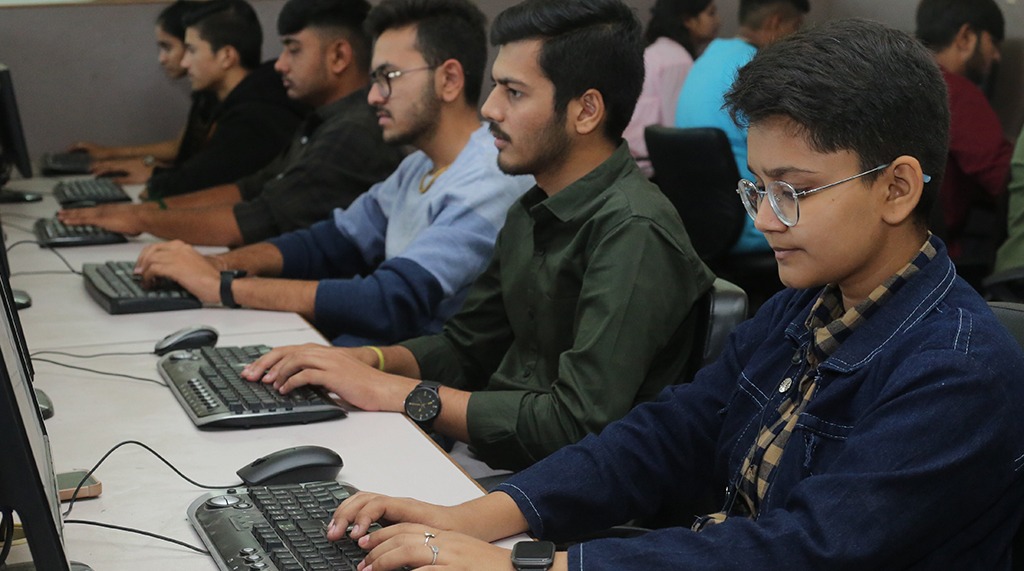
Course objective
- Competent professional with knowledge of computer engineering to purse variety of careers/ higher education.
- To groom the graduates as professional engineers with an understanding of professional and ethical responsibilities, enabling them to contribute effectively through communities and lifelong learning.
- To instill the ability to analyze and design the innovative solution to the real life problem by applying principle of computing/engineering specialization that are technically sound, economically viable and socially acceptable.
- To assimilate the graduate with team-spirit, leadership and problem solving skills do they can lead organization they join or initiate their own venture / become an entrepreneur.
- Apply Engineering and management principles to one’s work and in multidisciplinary environment.
- To groom the graduate, thereby creating and disseminating knowledge through research activities in the field of computing.
Course outcome
- Demonstrate understanding of the principles and working of the hardware and software aspects of the computer system.
- Apply appropriate techniques and modern engineering hardware and software tools for the designing and integration of computer system and related technologies, to engage in lifelong learning for the advancement of technology and its adaption in multi-disciplinary environments.
- Implementation of professional engineering solutions for the betterment of society keeping the environment context in mind, beware of professional ethics and be able to communicate effectively.
Admission procedure
Eligibility:
- The student who has qualified HSC or equivalent examination in Science stream from recognized board or body is eligible for admission in B.Tech. programme.
|
Board |
Category |
Theory Marks |
Theory + Practical Marks |
|---|---|---|---|
|
GSEB |
Open |
135 / 300 |
180 / 400 |
|
GSEB |
Reserve |
120 / 300 |
180 / 400 |
|
Other Boards |
Open |
108 / 240 |
135 / 300 |
|
Other Boards |
Reserve |
96 / 240 |
120 / 300 |
Admission Process:
- Purchase a PIN and Booklet from the recognized bank as informed by the Admission Committee.
- Submit an online form with necessary details and upload the documents on the admission portal.
- Make suitable choice filling as suggested by the admission committee in due time.
- Once the seat allocation is done and a seat is allotted to you, confirm your admission and pay necessary fees online on the portal.
- Take print of confirmation letter and payment receipt and report to the allotted institute in prescribed time duration.
Curriculum
- Duration: 4 years
- Fees: Rs. 77,175
- Intake: 60
| GTU Code | Subject | Theory(Hrs) | Tutorial(Hrs) | Practical(Hrs) | Credits |
|---|---|---|---|---|---|
| 3110014 | Mathematics-I | 3 | 2 | 0 | 5 |
| 3110018 | Physics Group - I | 3 | 0 | 2 | 4 |
| 3110005 | Basic Electrical Engineering | 3 | 0 | 2 | 4 |
| 3110013 | Engineering Graphics & Design | 2 | 0 | 4 | 4 |
| 3110006 | Basic Mechanical Engineering | 3 | 0 | 2 | 4 |
| GTU Code | Subject | Theory(Hrs) | Tutorial(Hrs) | Practical(Hrs) | Credits |
|---|---|---|---|---|---|
| 3110002 | English | 2 | 0 | 2 | 3 |
| 3110003 | Programming for Problem Solving | 3 | 0 | 2 | 4 |
| 3110007 | Environmental Science | 2 | 2 | 0 | 0 |
| 3110012 | Workshop/ Manufacturing Practices | 0 | 0 | 4 | 2 |
| 3110015 | Mathematics-II | 3 | 2 | 0 | 5 |
| 3110016 | Basic Electronics | 3 | 0 | 2 | 5 |
| GTU Code | Subject | Theory(Hrs) | Tutorial(Hrs) | Practical(Hrs) | Credits |
|---|---|---|---|---|---|
| 3130006 | Probability and Statistics | 3 | 2 | 0 | 5 |
| 3130702 | Data Structures | 3 | 0 | 4 | 5 |
| 3130703 | Database Management System | 4 | 0 | 2 | 5 |
| 3130704 | Digital Fundamentals | 3 | 0 | 2 | 4 |
| 3130008 | Design Engineering - I A | 0 | 0 | 2 | 1 |
| 3130007 | Indian Constitution | 2 | 0 | 0 | 0 |
| 3130004 | Effective Technical Communication | 2 | 0 | 2 | 3 |
| GTU Code | Subject | Theory(Hrs) | Tutorial(Hrs) | Practical(Hrs) | Credits |
|---|---|---|---|---|---|
| 3140702 | Operating System | 4 | 0 | 2 | 6 |
| 3140705 | Object Oriented Programming -I | 4 | 0 | 2 | 6 |
| 3140707 | Computer Organization & Architecture | 0 | 0 | 2 | 5 |
| 3140708 | Discrete Mathematics | 3 | 0 | 2 | 5 |
| 3140005 | Design Engineering 1 B | 0 | 0 | 2 | 1 |
| 3140709 | Principles of Economics and Management | 3 | 0 | 0 | 3 |
| GTU Code | Subject | Theory(Hrs) | Tutorial(Hrs) | Practical(Hrs) | Credits |
|---|---|---|---|---|---|
| 3150001 | Design Engineering - II A | 0 | 0 | 2 | 1 |
| 3150004 | Contributor Personality Development Program | 2 | 0 | 0 | 2 |
| 3150005 | Integrated Personality Development Course | 2 | 0 | 2 | 2 |
| 3150703 | Analysis & Design of Algorithms | 4 | 0 | 2 | 5 |
| 3150709 | Professional ethics | 3 | 0 | 0 | 3 |
| 3150710 | Computer Networks | 4 | 0 | 2 | 5 |
| 3150714 | Cyber Security | 2 | 0 | 2 | 3 |
| 3151604 | Software Engineering | 3 | 0 | 2 | 4 |
| 3151605 | Computer Graphics | 3 | 0 | 2 | 4 |
| 3151606 | Python for Data Science | 2 | 0 | 2 | 3 |
| GTU Code | Subject | Theory(Hrs) | Tutorial(Hrs) | Practical(Hrs) | Credits |
|---|---|---|---|---|---|
| 3160001 | Design Engineering II B | 0 | 0 | 2 | 1 |
| 3160002 | Contributor Personality Development Program | 2 | 0 | 2 | 2 |
| 3160003 | Integrated Personality Development Course | 2 | 0 | 0 | 2 |
| 3160704 | Theory of Computation | 4 | 1 | 0 | 5 |
| 3160707 | Advanced Java Programming | 3 | 0 | 2 | 4 |
| 3160712 | Microprocessor and Interfacing | 3 | 0 | 2 | 4 |
| 3160713 | Web Programming | 3 | 0 | 2 | 4 |
| 3160714 | Data Mining | 3 | 0 | 2 | 4 |
| 3160715 | System Software | 3 | 0 | 2 | 4 |
| 3160716 | IOT and applications | 2 | 0 | 2 | 3 |
| 3160717 | Data Visualization | 2 | 0 | 2 | 3 |
| GTU Code | Subject | Theory(Hrs) | Tutorial(Hrs) | Practical(Hrs) | Credits |
|---|---|---|---|---|---|
| 2170002 | Project | 0 | 0 | 5 | 5 |
| 2170709 | Information and Network Security | 4 | 0 | 2 | 6 |
| 2170710 | Mobile Computing and Wireless Communication | 4 | 0 | 2 | 6 |
| 2170715 | Data Mining and Business Intelligence | 4 | 0 | 2 | 6 |
| 2171607 | Big Data Analytics | 3 | 0 | 2 | 5 |
| 2170713 | Service Oriented Computing | 3 | 0 | 2 | 5 |
| 2170714 | Distributed DBMS | 3 | 0 | 2 | 5 |
| GTU Code | Subject | Theory(Hrs) | Tutorial(Hrs) | Practical(Hrs) | Credits |
|---|---|---|---|---|---|
| 2180703 | Artificial Intelligence | 4 | 0 | 2 | 6 |
| 2180606 | Project (Phase-II) | 0 | 0 | 16 | 16 |
| 2180709 | IOT and Applications | 3 | 0 | 2 | 5 |
| 2180711 | Python Programming | 3 | 0 | 2 | 5 |
| 2181607 | Mutlimedia and Animation | 3 | 0 | 2 | 5 |
| 2180713 | Web Data Management | 3 | 0 | 2 | 5 |
| 2180712 | Cloud Infrastructure and Services | 3 | 0 | 2 | 5 |
| 2180714 | iOS Programming | 3 | 0 | 2 | 5 |
Faculty
Labs and facilities

